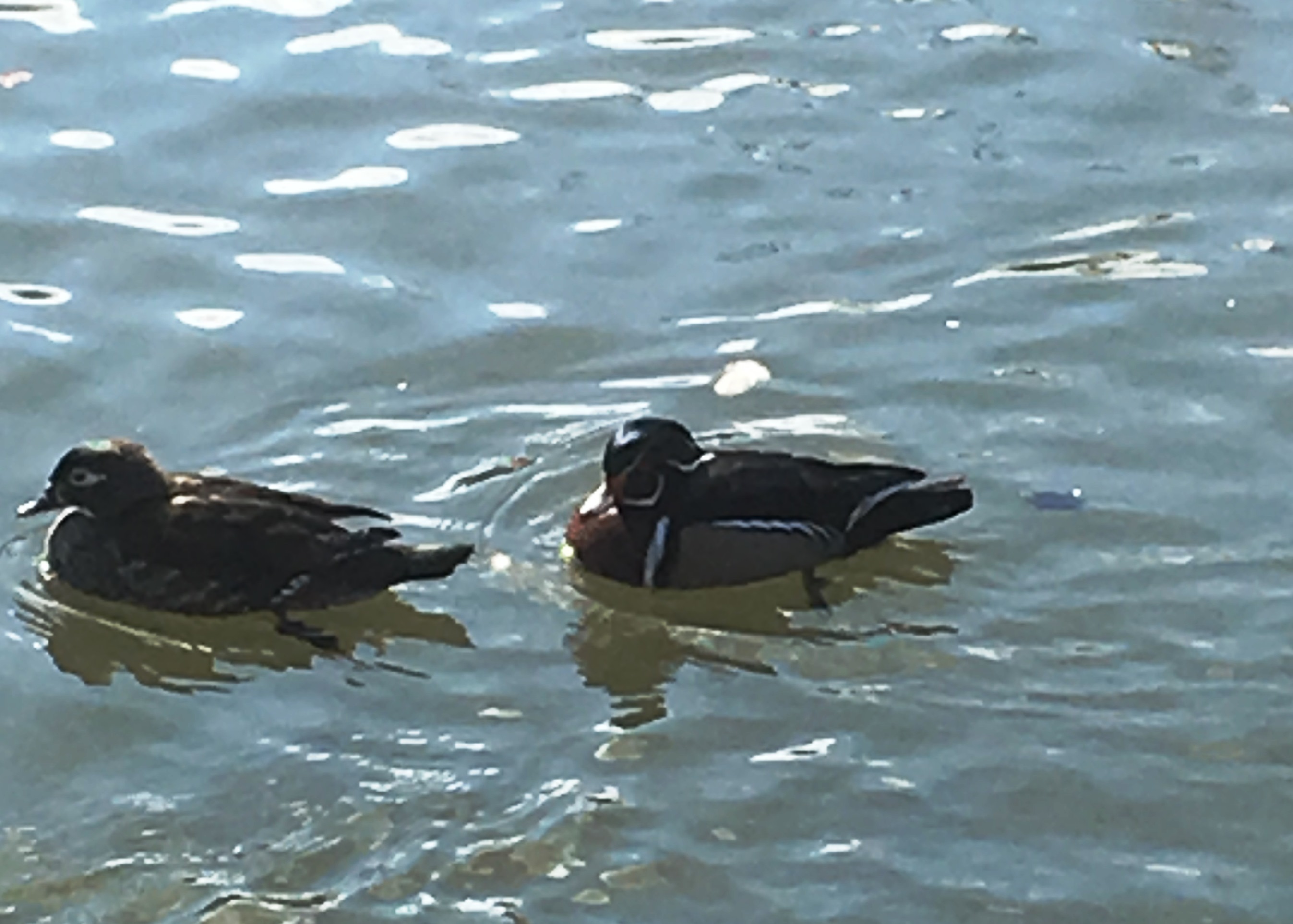Answers

Jan 28, 2019 - 07:56 AM
Hi, reflexive verbs must be conjugated even if they follow another conjugated verb: "Voy a levantarme temprano", "Quiere bañarse en el mar", "Puedes lavarte en el baño".... It's a rule you just have to remember I'm afraid :-)

Feb 15, 2019 - 02:40 PM
Now I'm confused. It looks to me like the reflexive is NOT conjugated in all the examples you give...? This may be just a semantic point, but I don't think simply adding the pronoun to the end of the infinitive is conjugation?

Feb 22, 2019 - 09:42 AM
I'm very sorry, I didn't want to confuse you. You're right, I shouldn't have said "conjugated". I just wanted to mean that you can't just use the reflexive infinitive "divertirse" after "poder" as you'd do with a normal verb ("Podemos salir" is ok, but "podemos divertirse" is not, you need to use the reflexive pronoun as well). I hope this is clear now :-)

Feb 22, 2019 - 11:07 AM
I think I finally figured out the problem here. I think El Turco is misreading Fluenz text. The text is "divertirnos (d i v e r t i r n o s)" which is correct, but he is reading "divertimos (d i v e r t i m o s)" which is not correct. That is why he thinks it is conjugated when in fact it is not. Hard to distinguish these two with these small fonts.
Feb 28, 2019 - 09:15 PM
In Spanish you say the equivalent of "we can have fun ourselves", so the "we" part is "podemos", the "fun ourselves" is "divertirnos". If you know French you might be confused because you could use the reflexive infinitive when using "On'. But not in spanish.

Mar 01, 2019 - 09:34 AM
Isn't this a form of "divertirse", a reflexive infinitive meaning "to have fun?"


